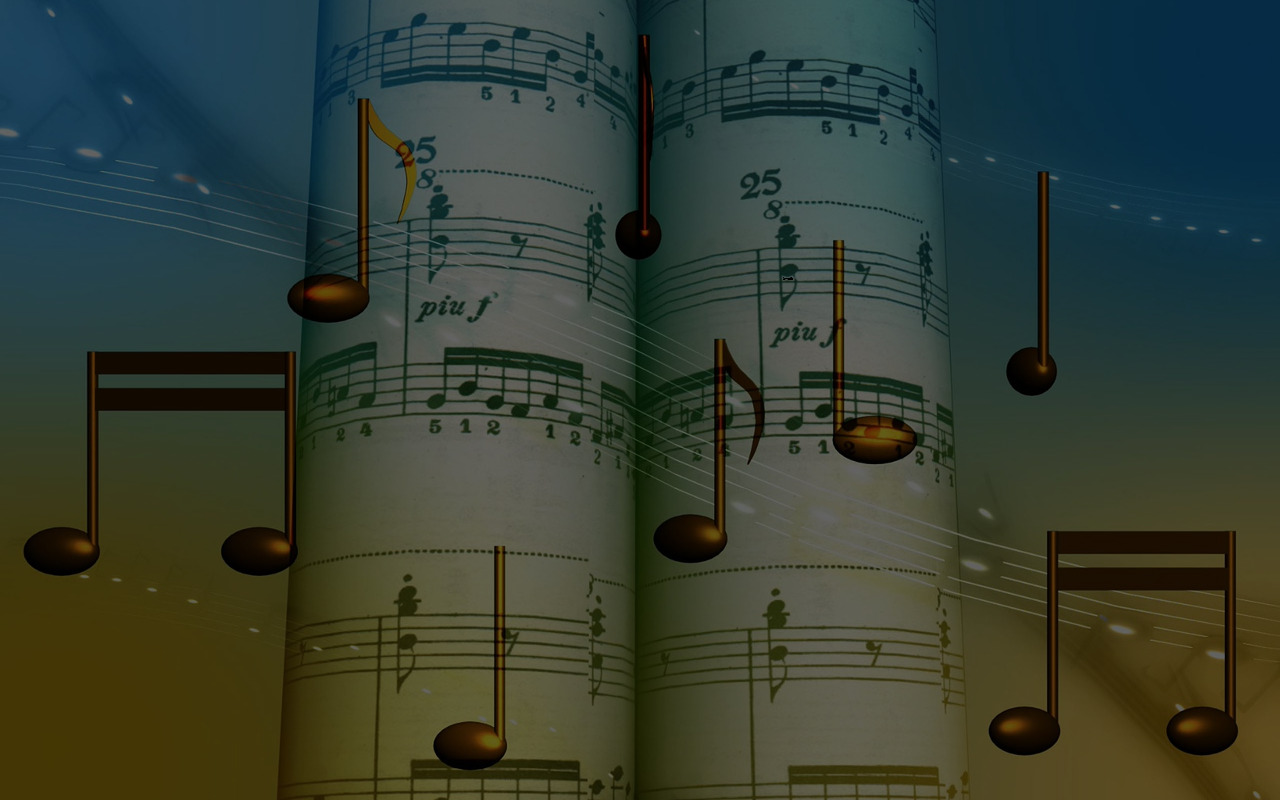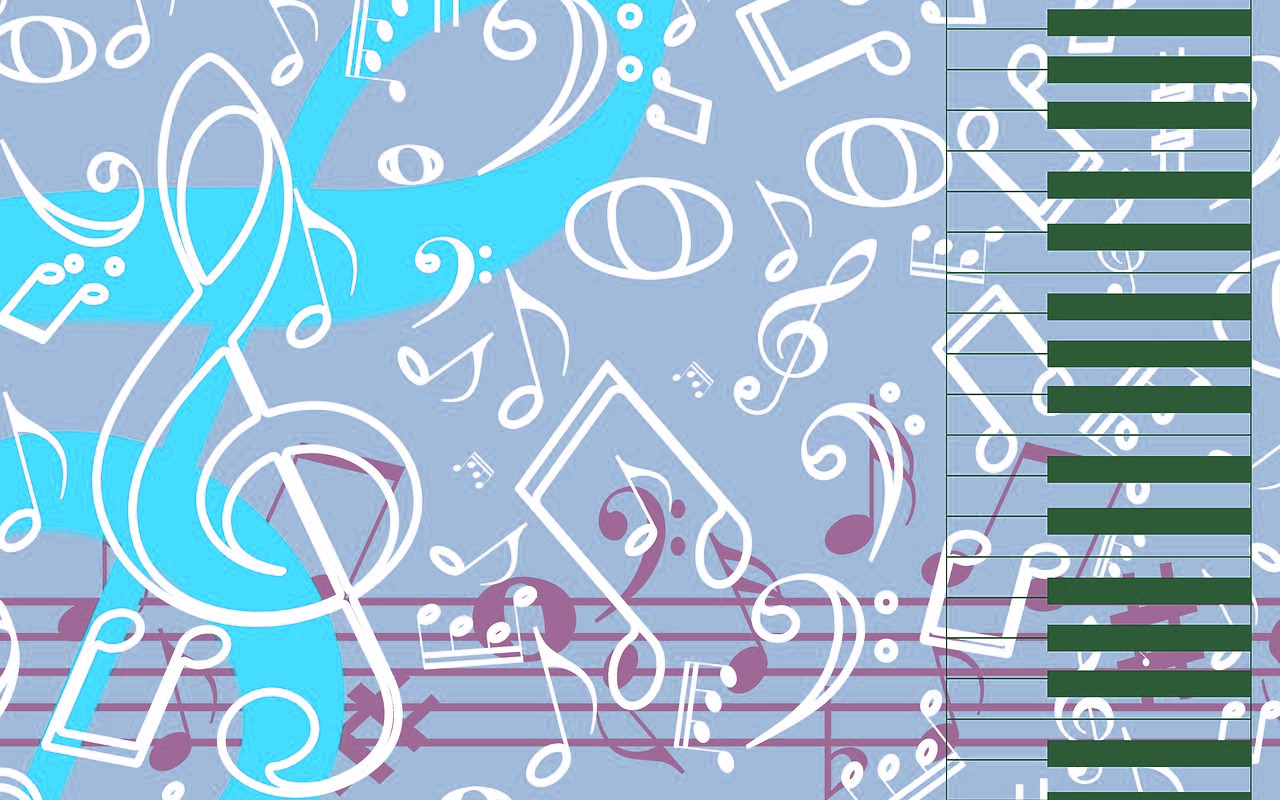
Automated playlists abound, yet music discovery remains a field fraught with challenges and profit generated by machine learning, data pipelines, and recommender systems.
Curated playlists offer a knowledge hub within the first wave of discovery, providing a contextual narrative and meaning to the songs listeners adore.
While prediction algorithms can identify preferences, they fall short on the contextual details and lived experiences that define our understanding of music.
The Human Factor That Algorithms Cannot Supplant
Recognizing features and predicting aligned preferences within a music collection is where algorithms excel. Identifying patterns within deeply emotional, human experiences is not a strength.
This is where discovery platforms with editorial oversight excel. Music is a deeply personal experience, and the meaning of each song is elevated by contextual insights describing the song’s origin, influences, and cultural impact.
Listening is a deeply emotional experience that automated systems cannot enhance.
Contextual storytelling, through historical narratives, artist interviews, genre overviews, and technical production analyses, allows insights to excite curiosity and transform a collection of songs into a cohesive experience.
Connecting Ideas, Cultures, and Discovery
Without any measures in place, digital recommendation systems tend to recreate the same listening patterns. Listeners may find themselves confined to the same “echo chambers” as their listening behavior cycles endlessly.
By exposing listeners to a surprising range of music they might not otherwise encounter, Knowing Resources challenges this behavior. They promote listening across decades, geography, and styles.
An efficient editorial environment channels the stagnant rapid-fire curiosity of trending loops and engages listeners with the surrounding culture.
It enables listeners to understand the construction of new aural forms through global flows, societal restructures, and technological innovations.
Such a contextual bridge is not only valuable in enriching the aural appreciation but also broadens the listener’s worldview.
ALSO READ: Music Health Benefits Both Mentally And Physically
Listening Platforms Supporting Active Over Passive Discovery
Knowledge-focused tools help the listener self-empower. Data-oriented recommendations do not passively steer listeners; instead, they encourage them to seek tools and guides, deep analyses, and curated paths.
These tools promote active discovery, like learning about a genre’s evolution or the narrative of a new independent artist.
Educational and creative musical spaces cement the benefits of this enhancement. They gain analytical tools that lead to mastery of their discipline, navigate professional routes, or engage with cultures that energize their creativity.
More engaged and knowledgeable ecosystems are nurtured to sustain the dual functions of music as an art and cultural heritage.
Synthesis, Not Substitution
The industry will always value algorithmic recommendations, but adding the human element will exponentially increase their value.
With the human element, a curated, enriched, emotional, and analytical layer to the system is created.
Balanced curation of information ensures music serves as more than background sound; it supports an experience with a narrative, a persona, and a collective vision.





